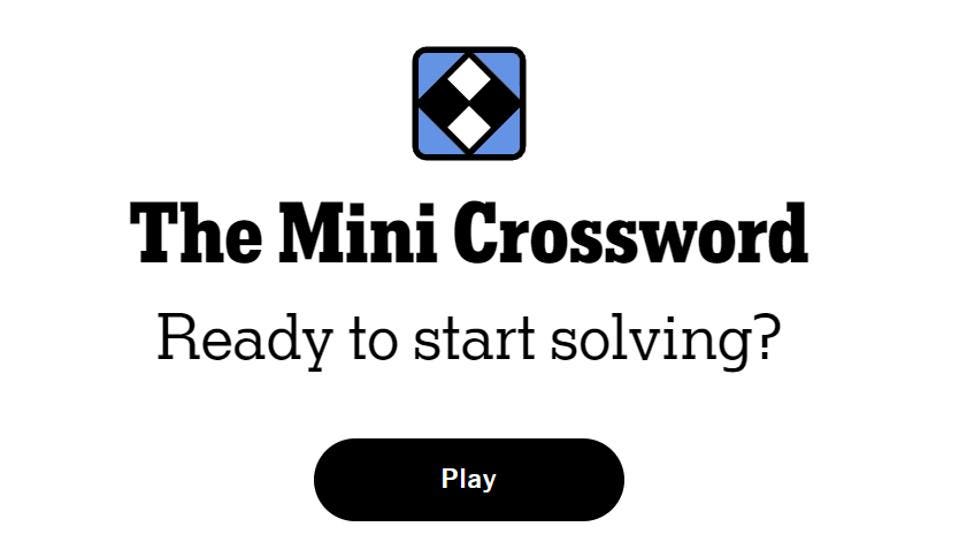Context, timing and behavioral change matter far more than counting past partners, according to cross-cultural research.
getty
The question of how many romantic and/or sexual partners someone has had in the past often dominates the modern dating discourse. Ask around and you’ll hear everything from “It doesn’t matter at all” to “It’s the ultimate dealbreaker.”
On online forums such as TikTok, Instagram and even podcasts, debates about sexual history often spark heated arguments. These platforms are strewn with moral judgments and gendered stereotypes.
But outside of the noise, what does science really say? Should someone’s sexual history influence whether you date them, commit to them or trust them in the long run?
A recent cross-cultural study, published in Scientific Reports and led by Andrew G. Thomas, Ph.D., sheds important light on these questions. Spanning 11 countries, the research explored how people evaluate a partner’s sexual history, what role timing plays and whether double standards are as strong as online discourse suggests.
The findings reveal that while partner number does matter to some, it matters in more nuanced and surprisingly forgiving ways than most people assume.
Here are four key takeaways from the Scientific Reports study, along with advice on how to navigate them in your dating life.
1. A Meager Number Alone Never Tells The Whole Story
According to the study, people generally do prefer partners with fewer past partners. Across cultures (whether in Brazil, China, Norway or the U.K.) interest in long-term commitment tended to decrease as partner numbers increased.
The catch, though, is that numbers alone weren’t the only thing people used to make judgments. What mattered just as much was the “context” of those numbers. That is, how they were distributed across time and whether a person’s behavior had shifted.
As Thomas explained to me in a recent interview, “If someone had a rich, adventurous sexual past but it was long ago, and they now seem to have slowed down and are looking for a long-term relationship, they might be judged more favorably than someone who is currently in a very experimental phase.”
That said, many people are also searching for partners who are looking to experiment with them and keep things casual. Regardless of what type of relationship one wishes to be in, what matters most is that both partners’ relationship goals align in the present.
So, if you’re tempted to reduce someone to a number, it might be worth pausing. A single figure, honestly, is meaningless without the story around it, or without the consideration of where they are now.
2. The Sexual Double Standard Isn’t As Strong As We Think
Much of the online debate around past partners revolves around a sexual double standard. The argument goes: men with many partners are praised, while women with the same history are shamed.
In the study, while people acknowledged that society holds a double standard, when it came to their personal evaluations, those differences largely disappeared. This means that at the level of individual judgment, men and women were judged through the same lens.
“When you ask people what society thinks, they readily describe a sexual double standard. But when you ask individuals what they think and how they would act, those differences largely disappear,” Thomas explains.
So, don’t assume that a partner will always apply a harsher standard to you based on your gender. If fairness feels like a concern, bring it into the open. Honest dialogue overtakes silent assumptions.
3. Even The Sexually Open Still Care About History
You might assume that people who are more comfortable with casual sex or “sociosexuality” (as researchers call it) would be unconcerned about partner number. Because, would it not make sense for a rich sexual history to be a big plus if you are looking for non-committed sex?
The findings of the study suggested otherwise. People high in sociosexuality were more tolerant overall, but they still preferred fewer partners over more. They weren’t immune to the same basic preferences that showed up across the board.
For you, this might mean that if you have a more casual dating style, don’t assume your partner will automatically share the same perspective. Even those who enjoy uncommitted sex may care about history in ways that surprise you. Clarify expectations early on so mismatches don’t turn into resentment later. What matters most is that you’re both on the same page about what you want.
4. Use Sexual History As A Conversation Starter, Not A Judgment
Don’t blindly follow what you consume on social media. Perhaps the most valuable lesson from this research is that people are more forgiving than online rhetoric would suggest. What mattered most wasn’t the raw number of past partners, but the narrative of change and growth behind it.
As Thomas put it: “Our study shows that people are receptive to qualifiers beyond just the raw number. If someone’s priorities have shifted over time, or if their behavior has changed, that context matters.”
This means sexual history doesn’t have to be a threat to your relationship. Instead, it can be an opening to discuss what truly matters. Here are some questions you both might want to explore together.
- How have your past experiences shaped your values?
- What have you learned about trust, intimacy and commitment?
- How do your past choices reflect what you want now?
Don’t be afraid. If the conversation comes up, don’t treat it as a test you have to pass. Treat it as a chance to connect. Share your story honestly, and listen for theirs. Numbers fade in importance when true compatibility takes center stage.
A Few Practical Tips For Talking About Sexual History With A Partner
If you find yourself navigating this sensitive topic, here are some guidelines to keep the conversation constructive:
- Pick the appropriate moment. Conversations about sexual history are best had once trust has been established. Definitely not on the first date, but not so late that it feels like a secret.
- Be curious and keep the judgement out. Frame questions as “help me understand” rather than “prove yourself.”
- Share the history of the context, not just numbers. Explain how your experiences shaped where you are today. This invites empathy rather than defensiveness.
- Remember to focus on values, not arithmetic. Use the conversation to explore alignment: What does each of you want in a relationship moving forward?
- Do not forget to set clear-cut boundaries. Some people may not want to disclose details, and that’s okay. The key is whether your relationship priorities align now, not whether every past chapter is shared.
Why This Matters More Than You Think
It’s easy to dismiss the whole debate by saying, “It shouldn’t matter.” But ignoring the topic altogether risks oversimplifying how human attraction works. Our instincts evolved to pay attention to cues that once signaled risk or rejection. While society has changed, without conscious reflection, these instincts can still nudge our perceptions.
Consequently, the online debate around sexual history tends to be polarizing, shaming and often divorced from reality. If this topic arises in your dating life, resist the urge to reduce someone to a statistic. Instead, approach it with empathy, curiosity and openness. Focus less on the number itself and more on who they are in the present moment.
Because, at the end of the day, relationships aren’t built on tallies. They’re built on trust and the willingness to move forward together. As Dr. Thomas reminds us: “People are more open and forgiving than the online discourse would suggest.”
Do your sexual attitudes shape your perception of a partner’s history? Take the science-backed Brief Sexual Attitudes Scale to find out.









